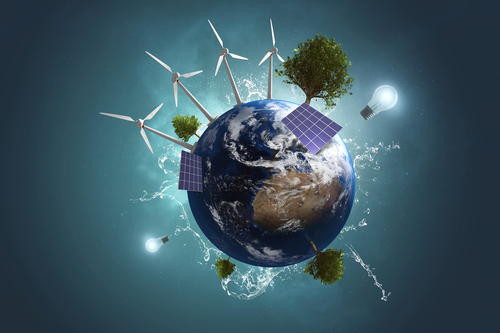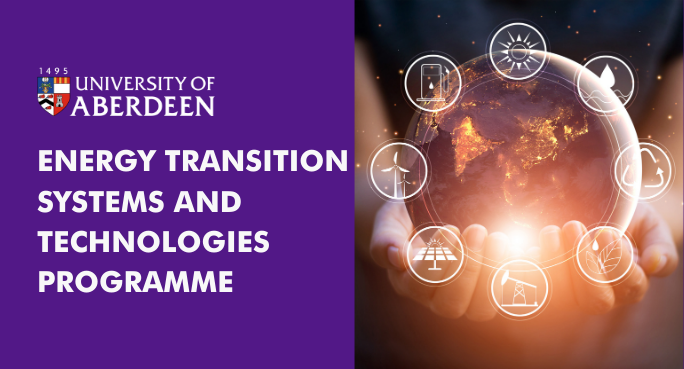Aberdeen School of Engineering is leading the field with its new Energy Transition degree. The University of Aberdeen is famous for its world-class energy programmes in oil, gas, renewable energy and subsea engineering. The new Energy Transition programme is one of the five interdisciplinary challenges prioritized in their 2040 strategy. Depending on the Covid-19 situation, this course will either be offered full-time on-campus from September or part-time online.

This MSc level programme comprising of both technical and non-technical aspects. It will educate students with industry-relevant skills and training. This is best suited for students with a background in engineering and similar quantitative subjects. The course will draw on the research conducted at the University's Centre for Energy Transition. It encourages students to take a systems-thinking approach to energy transition by focusing on the transition from fossil fuels to sustainable energy types.
According to the programme director Professor Russell McKenna, this course is designed to fill a gap and meet a need. He added that the past 20 years has seen an increase in sustainable energy systems. He also emphasized on the need to integrate Low Carbon Technologies (LCT) into the current and future energy systems.
Going in line with Professor McKenna’s emphasis on LCT, the programme focuses on the technical knowledge of individual LCTs, energy efficiency technology and renewable energies, under the technical aspects. In addition to this, it also focuses on economic and political developments as part of the non-technical aspects.
Upon completion of this programme, the students will have an overview of the major issues in energy transition, and be well equipped to address some of them with the taught methods.




